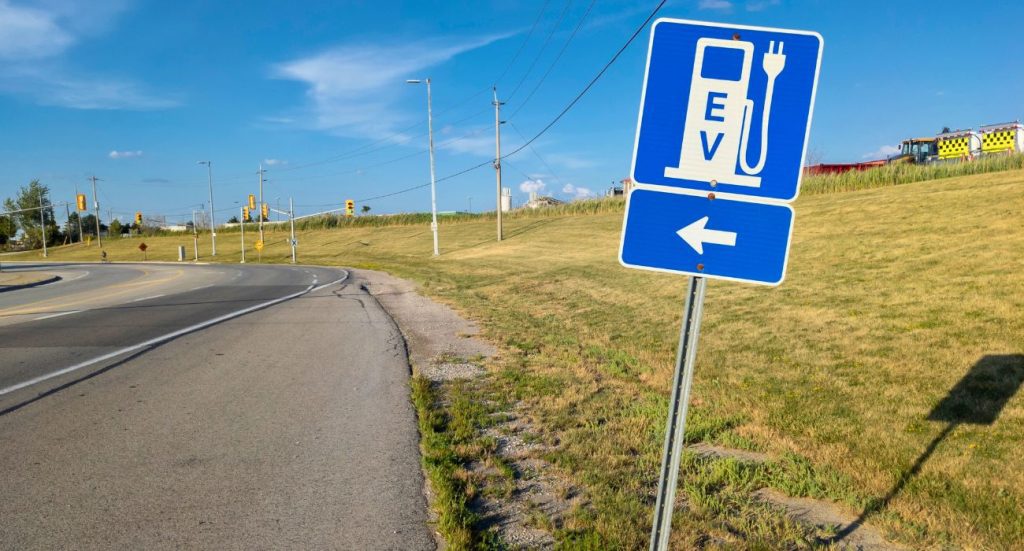When President Joe Biden took office in 2021, he made a rule that two-thirds of new cars sold in 2032 should be electric, even though this may be risky due to technology and cost.
Supporters of the rule say that electric vehicles (EVs) will help the economy by decreasing the need for fossil fuels, which would save money for consumers, as stated by the Kenan Institute of Private Enterprise. They also mention that creating EV infrastructure will make new jobs. reported People against the rule think the opposite is true. They say that EVs are currently more costly to buy, and changing how cars are made could lead to many job losses, as noted by the America First Policy Institute (AFPI).
A report from AFPI says, “Making Americans buy electric cars they don’t want will have serious consequences for American workers. The Biden Administration wants electric cars to make up two-thirds of car sales by 2032 — which is more than ten times the current amount. This would lead to many auto manufacturing jobs being cut.” reported According to researchers, the car manufacturing industry could lose about 117,000 jobs under the Biden plan, and most of the job cuts would be in Michigan, Ohio, and Indiana.
The AFPI report shows that job losses have already started. Ford, General Motors, and Stellantis have laid off workers in the last few years as they switch to new manufacturing methods.
More job losses are expected in the energy industry due to the rule. Reuters says that nearly
jobs in the fossil fuels field could be lost by 2030 as the world moves to renewable energy.
However, the World Economic Forum says that renewable energy creates new jobs, just not so much in the U.S. In 2022, 79% of renewable jobs were in Asia, with many of them linked to making photovoltaic cells, which are often sold abroad. 5 million China also has lots of workers in its lithium mines and lithium processing centers. Lithium is very important for making electric batteries.
The rush to switch to EVs in the U.S. may have accidentally made the country rely more on China. One problem in the U.S. is that it’s very hard to start a mine here, and at least one senator is worried about this issue.
U.S. Sen. Angus King (I-ME) talked about this during a discussion on permit reform in December of last year.
When President Joe Biden took office in 2021, he made a rule that two-thirds of new cars sold in 2032 should be electric, even though this may be risky due to technology and cost. Supporters of the rule say that electric vehicles (EVs) will help the economy by decreasing the need for fossil fuels, which they say will save money for consumers. They also mention that creating EV infrastructure will make new jobs.
“I’m surprised that hasn’t come up today. Isn’t that a part of this discussion, to be sure? Because we can’t afford 14 years to permit a lithium mine to support the EV industry, 85 percent [in Q4 2022] of the lithium [batteries] we’re now using comes from China. That is downright dangerous,” said U.S. Sen. Angus King (I-ME) in December of last year during a discussion on permit reform.



